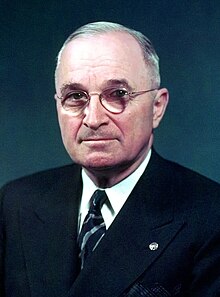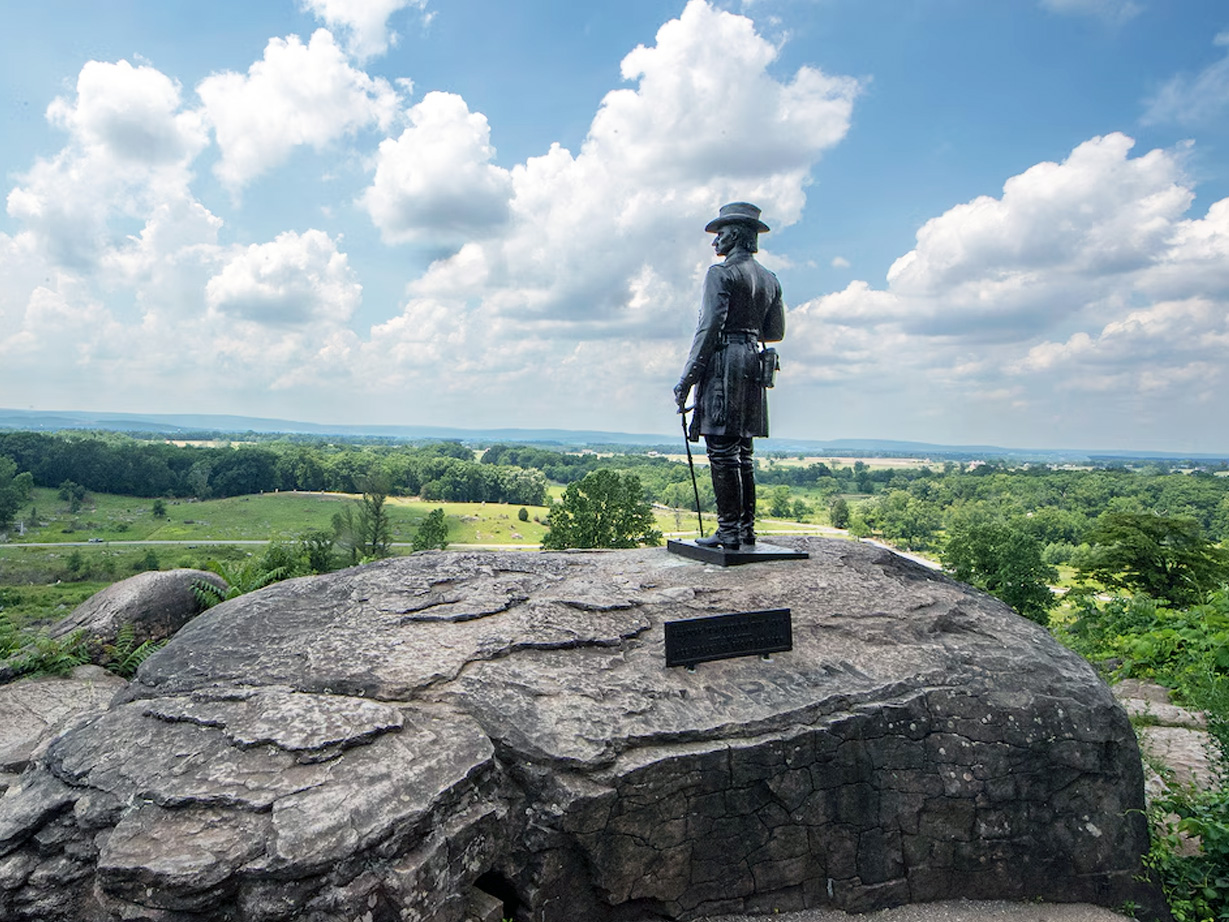
Little Round Top: Steadfast Bulwark in the Defense of Gettysburg
July 29, 2024The Battle of Gettysburg, fought from July 1 to July 3, 1863, stands as one of the pivotal moments in American Civil War history. Among the numerous strategic locations within this battle, Little Round Top holds a place of particular significance. This small, rocky hill on the southern end of the battlefield became the site of intense fighting on the second day of the battle and played a crucial role in the Union Army’s ultimate victory.
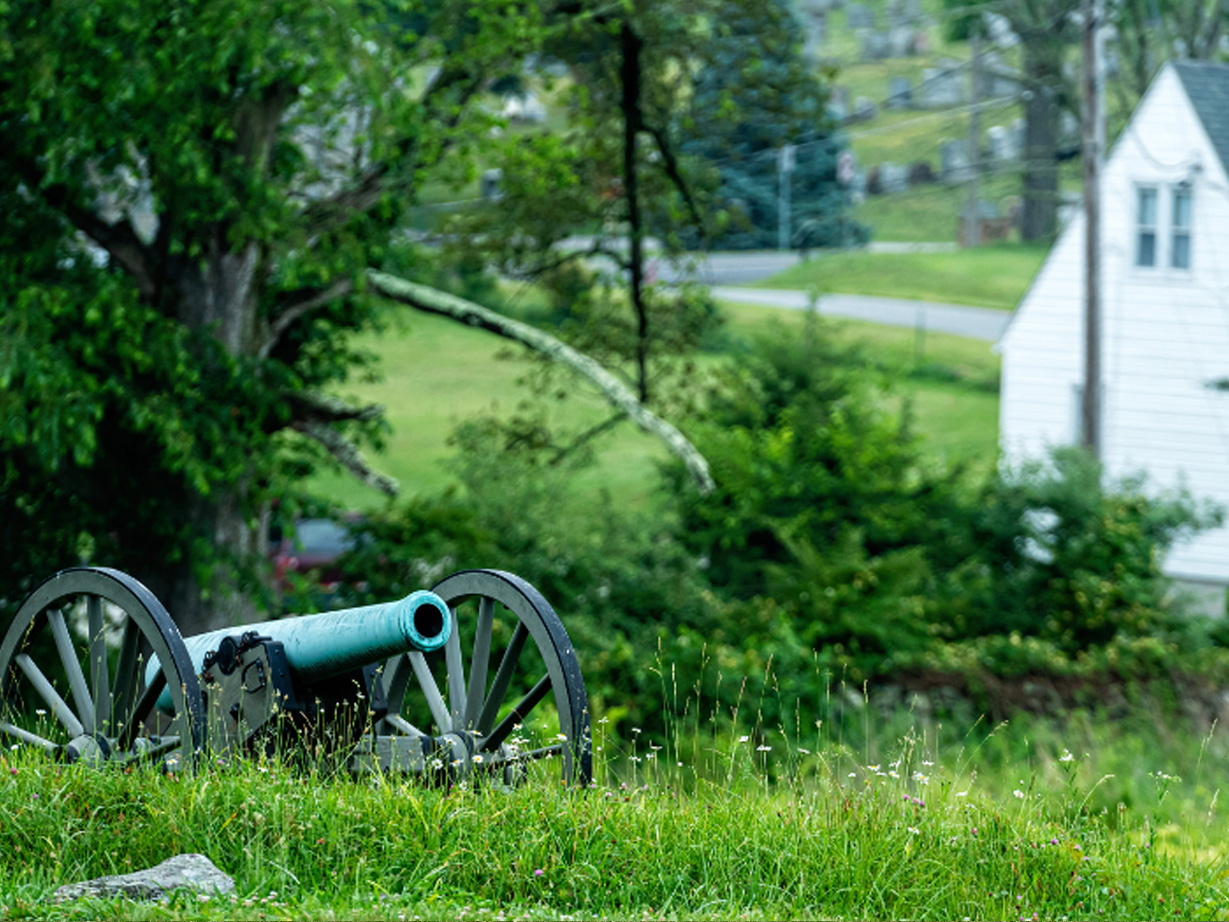
12 Interesting Historical Facts About Gettysburg
June 30, 2024Picture this: you’re standing on the hallowed ground of Gettysburg, feeling the weight of history pressing down on you. But beyond the well-known stories of valor and sacrifice lies a treasure trove of lesser-known historical facts about the Battle of Gettysburg. Curious to uncover some of these hidden gems? Let’s dive in!
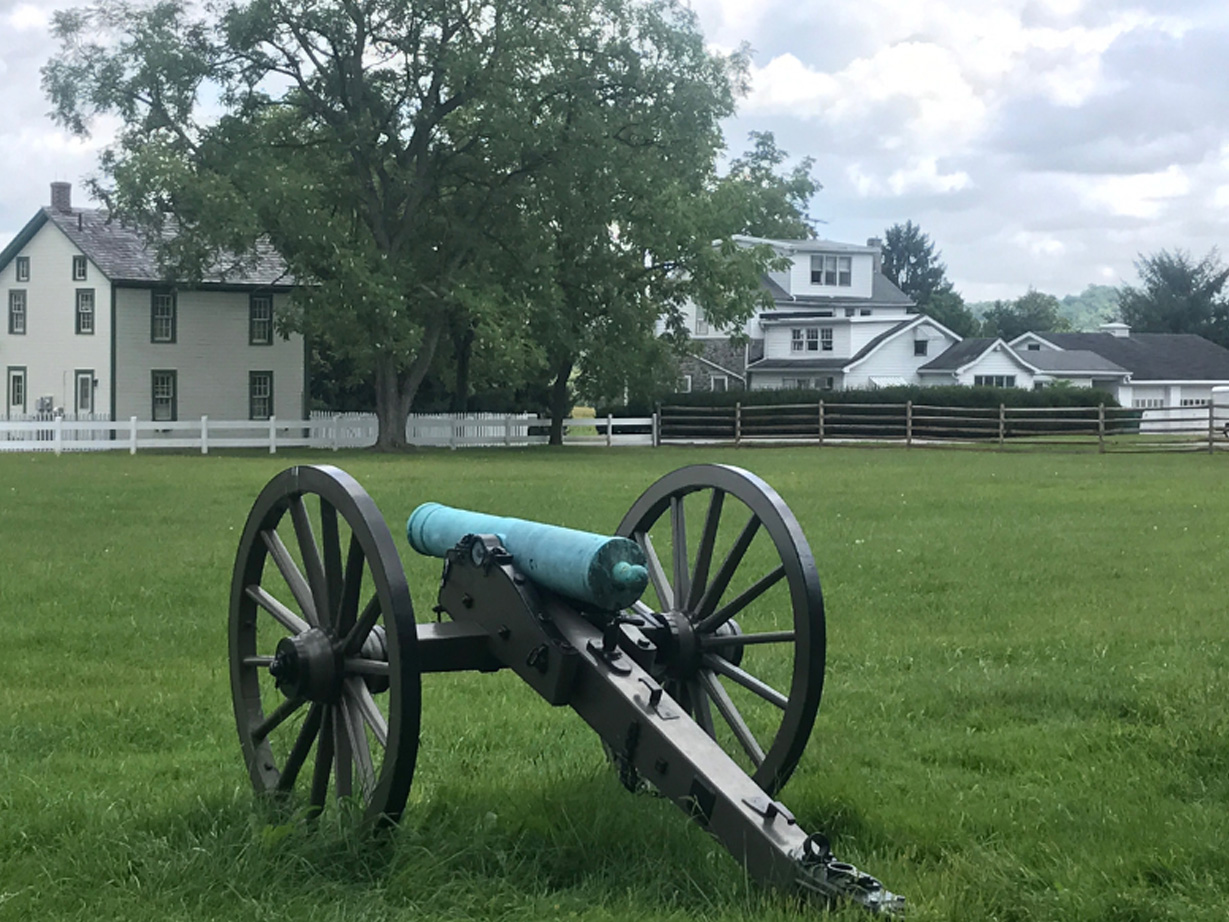
Exploring Gettysburg: Tour Tips and Sites to See
May 23, 2024Nestled in the rolling hills of southern Pennsylvania, Gettysburg is more than just a town; it’s a portal to a defining moment in American history. Known as the site of the bloodiest battle of the Civil War, Gettysburg attracts historians, tourists, and curious minds from all over the world. Whether you’re a history buff or simply looking for a memorable getaway, exploring Gettysburg promises a rich tapestry of experiences that combine education, reflection, and adventure. Here are some tips to help you make the most of your visit.
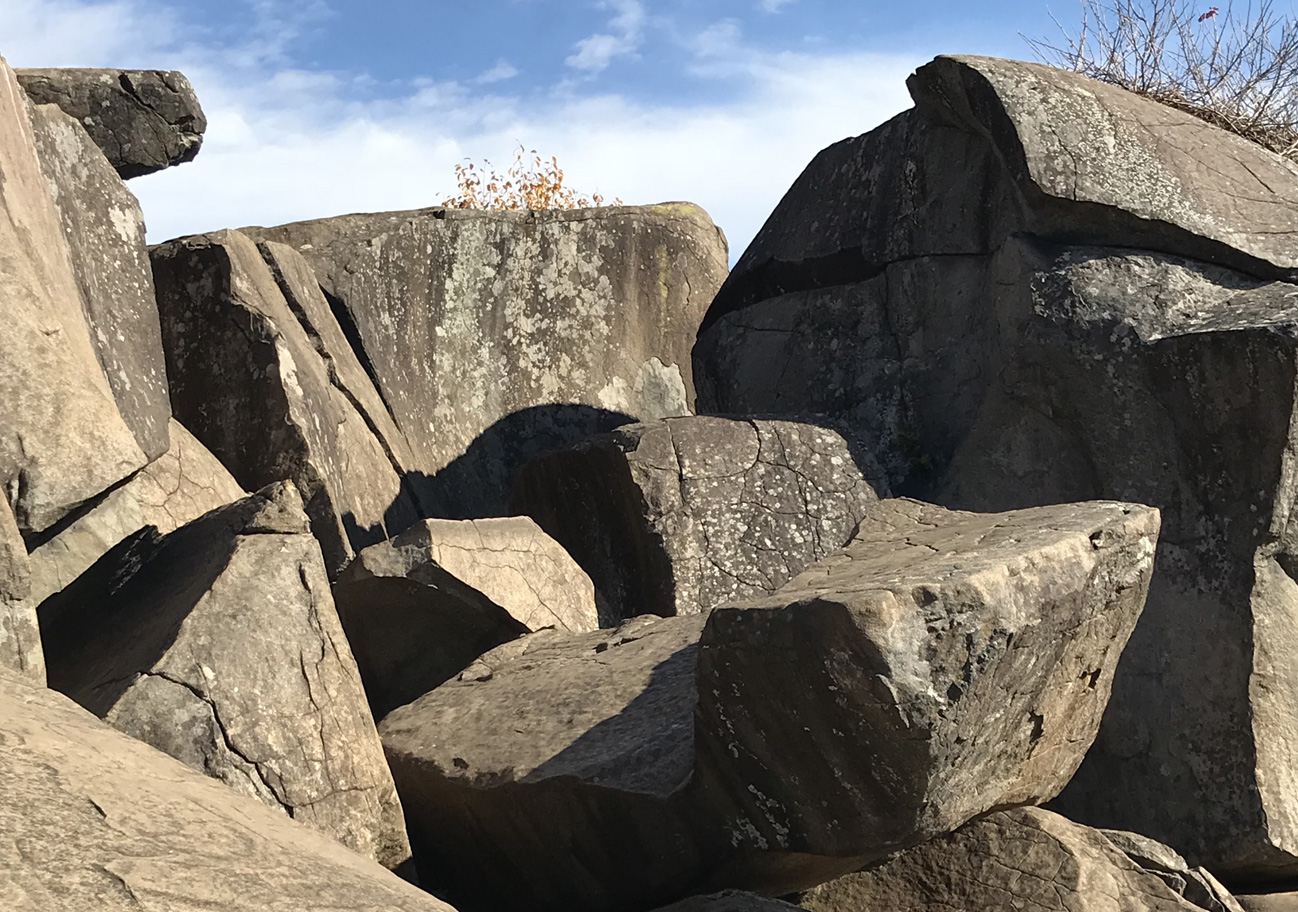
The Gettysburg Battlefield Stone Curse: What Was Taken Must Return
March 30, 2024Are Stones Taken from the Gettysburg Battlefield Really Cursed?
Yes, it is true that stones (and other items) taken from the Gettysburg Battlefield have garnered some reputation for being cursed. Local superstition holds that those who remove items from the battlefield will face misfortune or bad luck, and suggest a “stone curse” may be to blame.
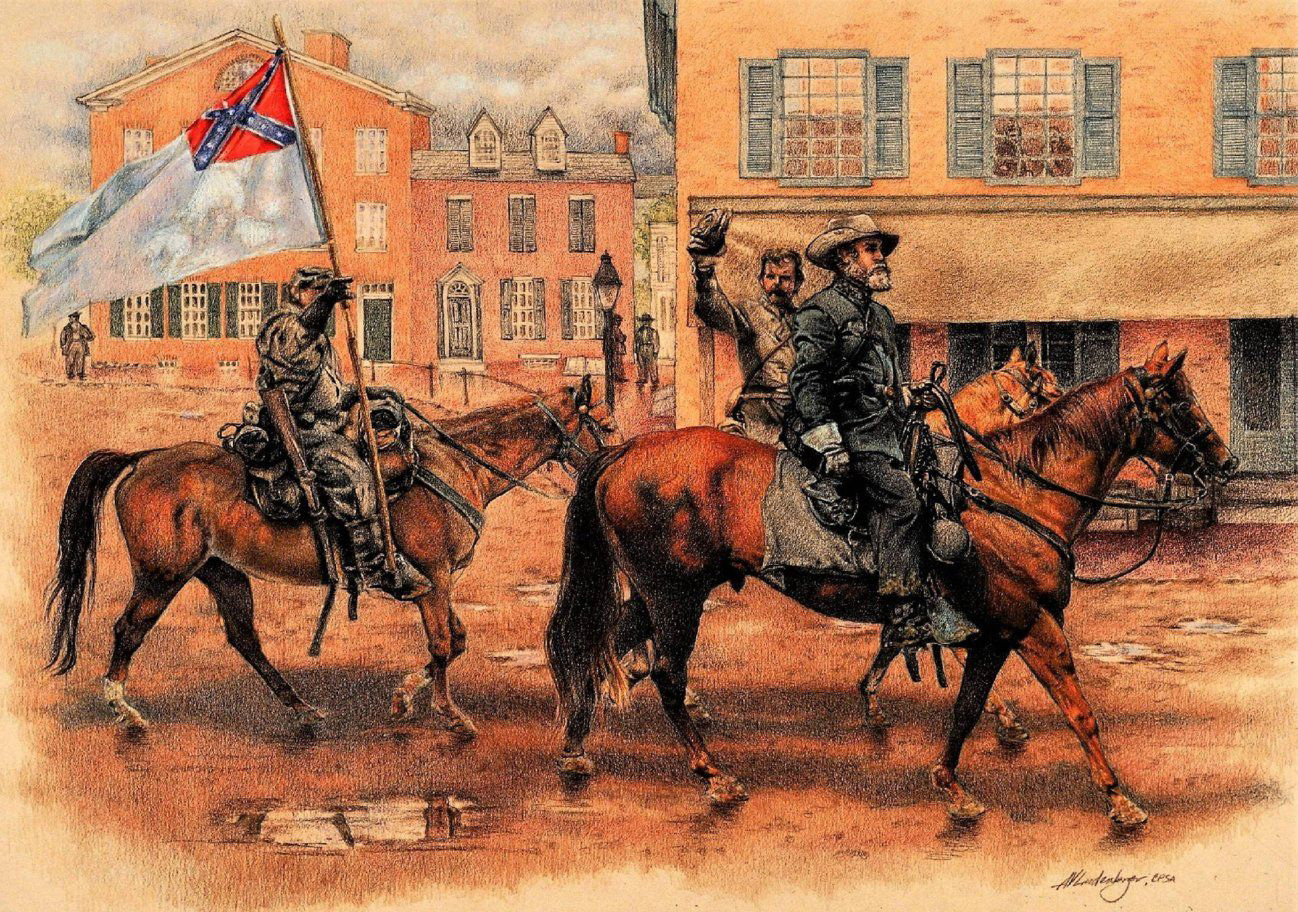
The Confederate Conquest of Gettysburg – How The Town Was Taken
February 28, 2024Southern Victory and the Conquest of Gettysburg
The Invasion Begins
After his success at Chancellorsville, Virginia in May 1863, General Robert E Lee led his army through the Shenandoah Valley to begin his second invasion of the North—what would later be known as the Gettysburg Campaign. Lee wanted to move the focus of the summer campaign away from beleaguered northern Virginia, and to strike a blow against Union morale by penetrating as far north as Harrisburg.
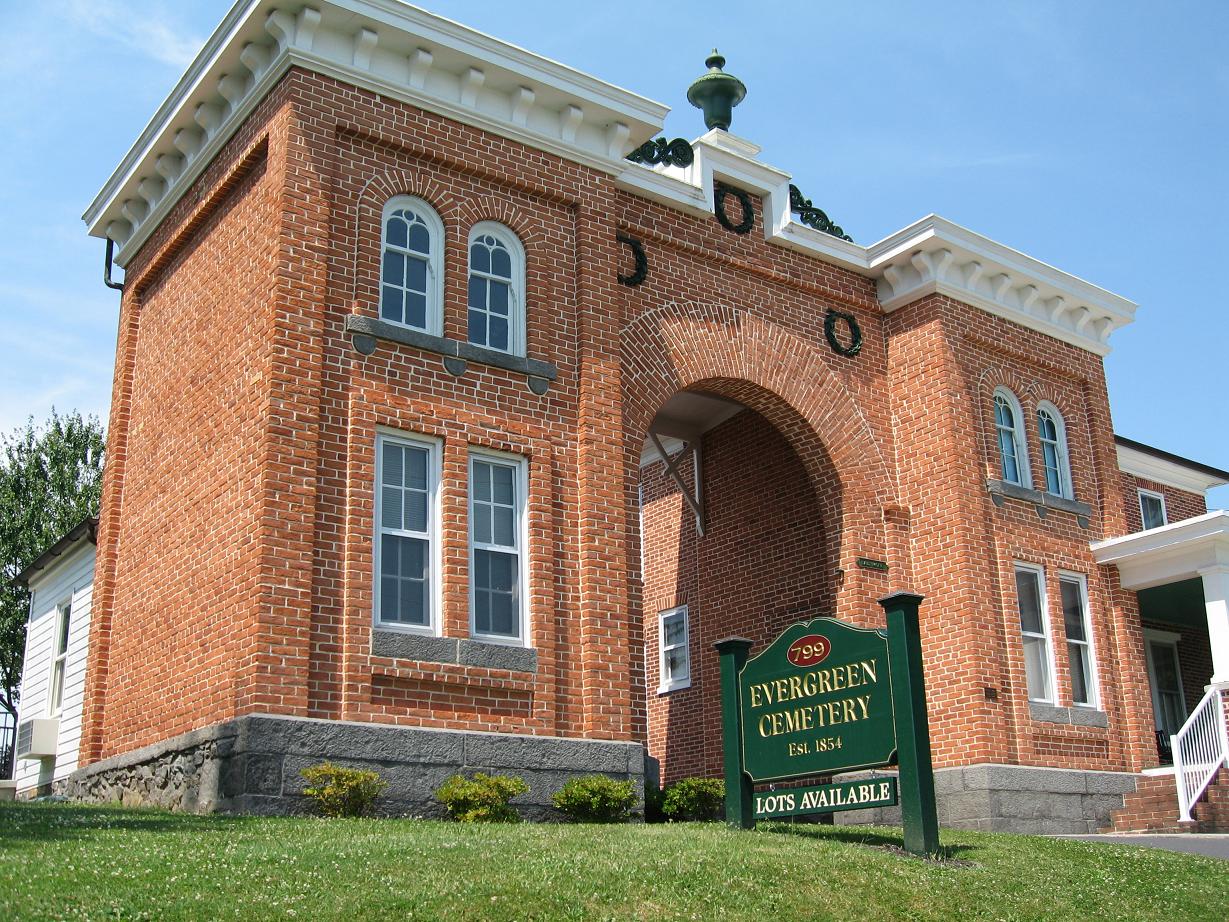
Gettysburg’s Evergreen Cemetery: Keystone of the Battleground
January 26, 2024Imagine standing on hallowed ground, where the echoes of the past linger—a quiet sanctuary of bereavement and rest, centrally placed to witness pivotal moments in our nation’s history. Evergreen Cemetery is not just another burial ground; it’s a living testament to the town and inhabitants of Gettysburg and their sacrifices before, during, and since the Civil War.
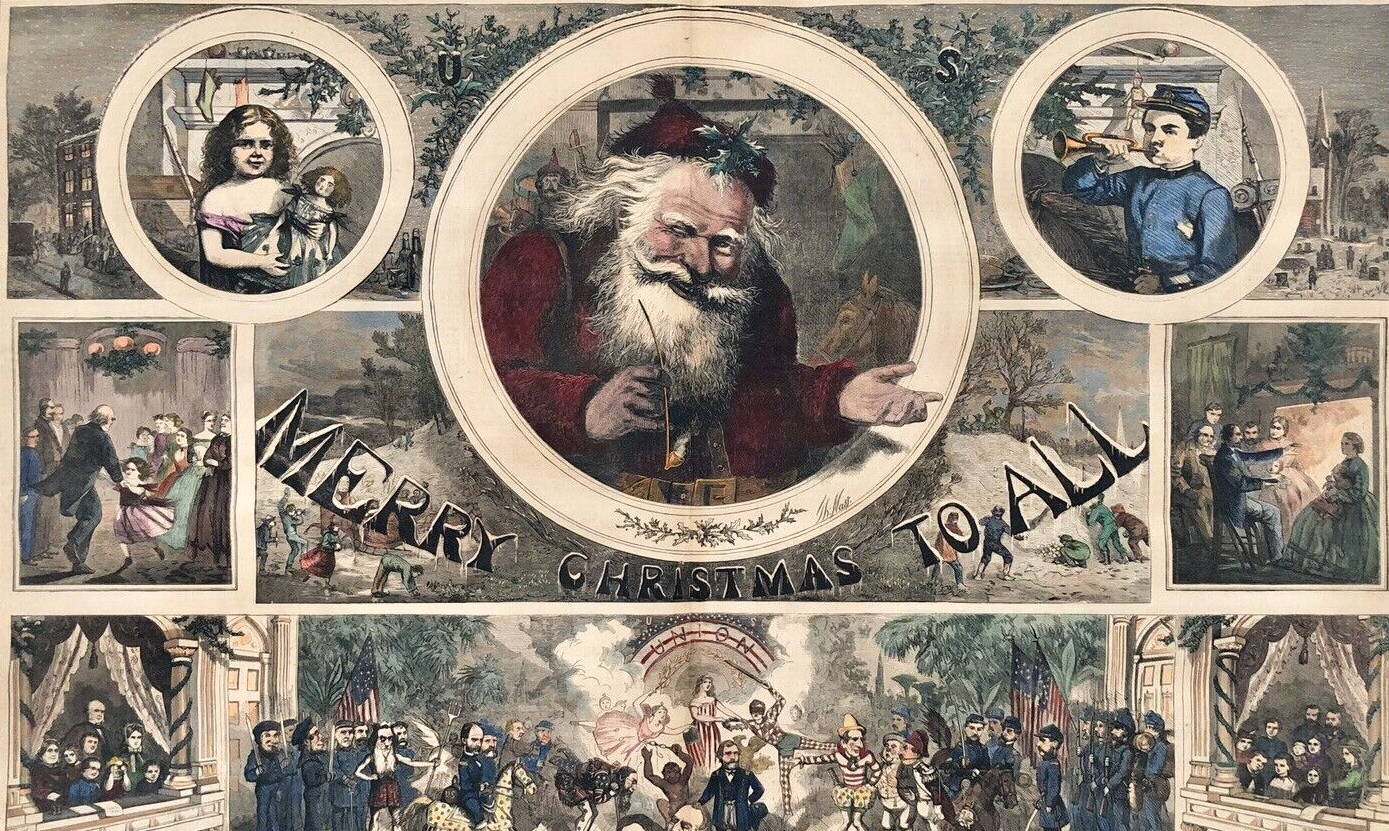
Christmas Traditions During the Civil War
December 19, 2023When enjoying a December visit to historic Gettysburg, Pennsylvania, and touring its hallowed environs now dressed for the season and bedecked in holiday splendor, one finds oneself surrounded at every turn by the echoes of the Civil War and its effect on our nation. Delving into the curious intersection of Christmas traditions and wartime history, one might also ponder how the celebration of our modern holiday season was forever influenced by those tumultuous times.
Are Dedication Day and Remembrance Day The Same In Gettysburg?
November 17, 2023After hearing many opinions regarding the question “are Dedication Day and Remembrance Day the same in Gettysburg”, I decided it was necessary to address the debate. I was amazed by the amount of incorrect information written on the subject. Dedication Day and Remembrance Day are not the same, but are interconnected.
President Harry S. Truman signed a Congressional Resolution praising Lincoln’s Gettysburg Address and proclaiming Dedication Day in 1946.
“Whereas the Gettysburg Address of President Lincoln is the outstanding classic of the ages; and Whereas it will touch the hearts of men and inspire them with faith in our matchless democracy as long as time endures…Therefore be it Resolved by the Senate and House of Representatives of the United States of America in Congress assembled, That November 19, 1946, the anniversary of the Gettysburg Address, be, and hereby is, designated in our calendar of special days as Dedication Day…”. Now, therefore, I, Harry S. Truman, President of the United States of America, do proclaim November 19, 1946 the anniversary of the Gettysburg Address, as Dedication Day, and I urge the people of the United States to observe that day by reading the address in public assemblages throughout the United States and its possessions, on our ships at sea, and wherever the American Flag flies.”
Originally coordinated by the Grand Army of the Republic, Remembrance Day is celebrated on the Saturday closest to Dedication Day on November 19th. Thousands of Living Historians from across the country proudly don the uniforms and civilian attire of 1863 to participate in a grand parade honoring the sacrifices of the soldiers and civilians at Gettysburg. Many of the units and organizations participate in wreath laying ceremonies and other forms of remembrance.
The day concludes with the moving Remembrance Day Illumination at the National Cemetery. A luminary candle is placed on the grave of each of the 3,512 Civil War soldiers graves and the names of each are read.
Blog by Christina Rowand
,
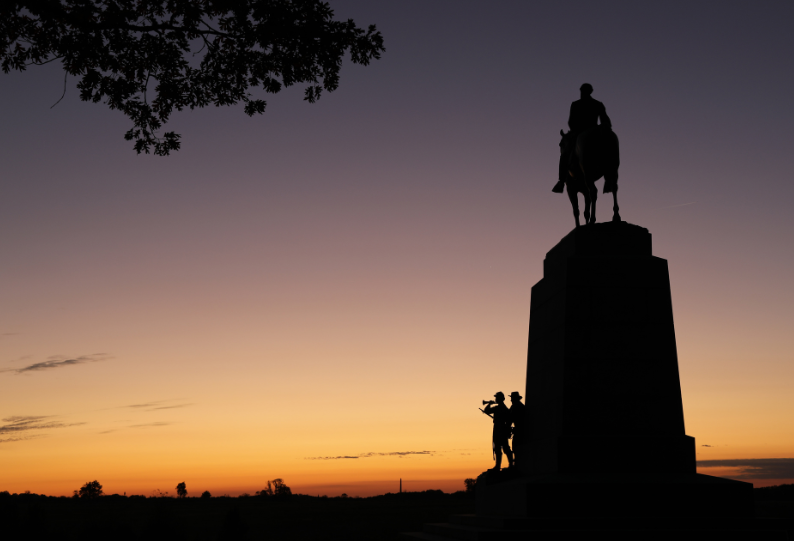
The Ghosts of Gettysburg
October 12, 2023October is here, bringing with it earlier sunsets and fresh spookiness, lingering whispers in shadowy nooks, and the unseen rustling of fallen leaves. Whether or not you believe in such things, Gettysburg is world-renowned among aficionados of the supernatural as a potent center for paranormal activity. No matter if you are deeply passionate about Civil War history, are interested in supernatural investigation, are a fan of ghost hunting— or even if you’re just looking for a good old-fashioned scare to celebrate the Halloween season, the ghosts of Gettysburg certainly offer a chilling invitation!
Read on to uncover more about the restless spirits that reputedly haunt this historic town and battlefield, and some of the legends that surround them.
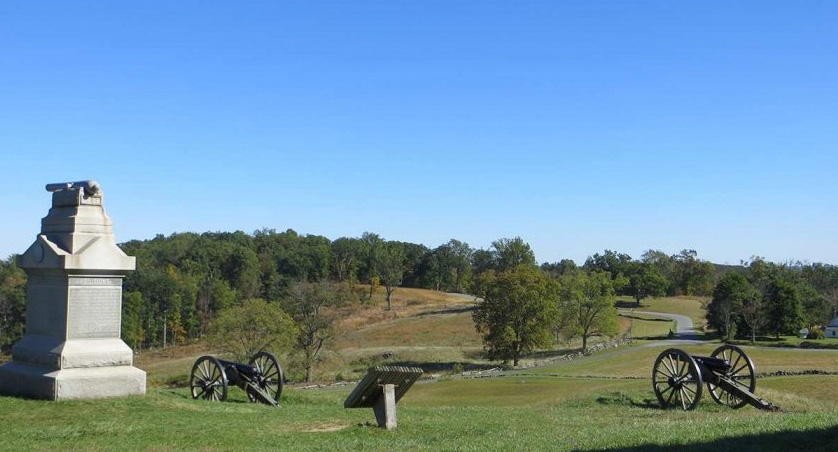
Battlefield Highlights: Culp’s Hill – The Long Fight
July 21, 2023One of the most important geographical features that played a prominent role in the Battle of Gettysburg is Culp’s Hill, located on the eastern side of the battlefield. The hill offered a high-ground advantage, providing Union troops an excellent vantage point to observe and defend against Confederate movements, while its elevation and rocky terrain made it an ideal defensive position.

